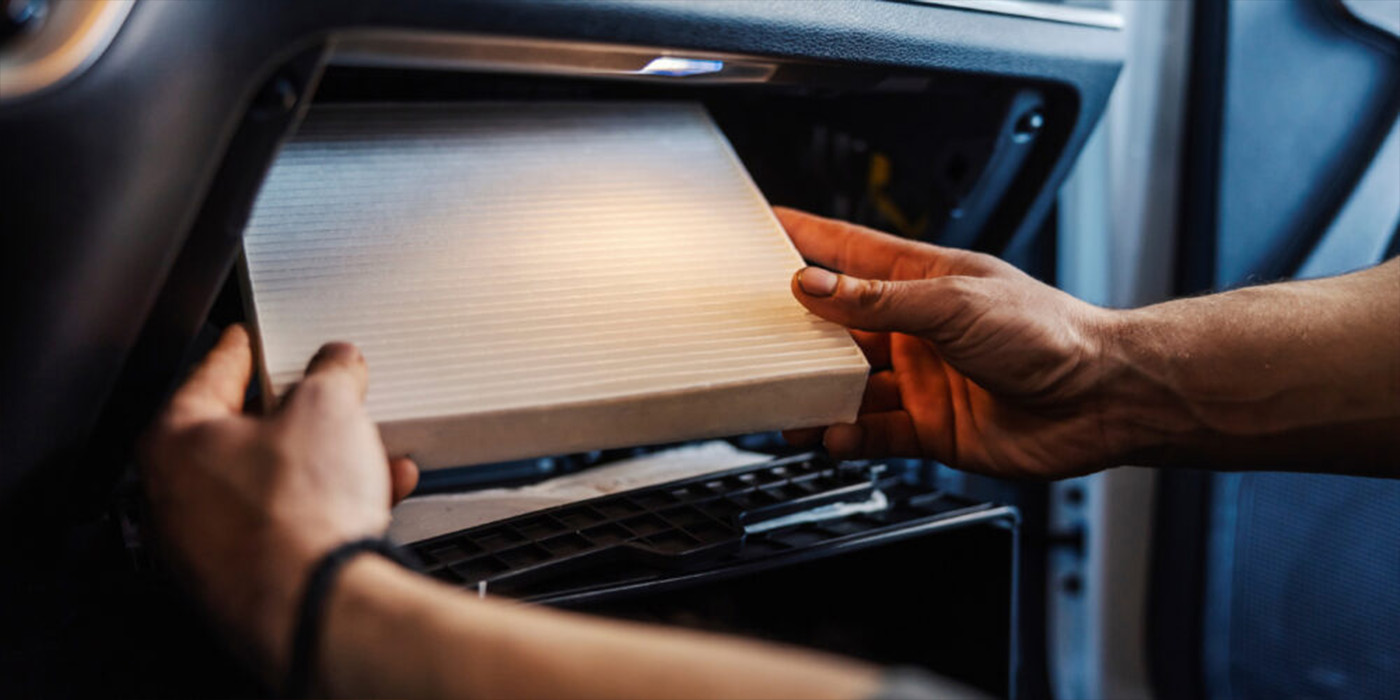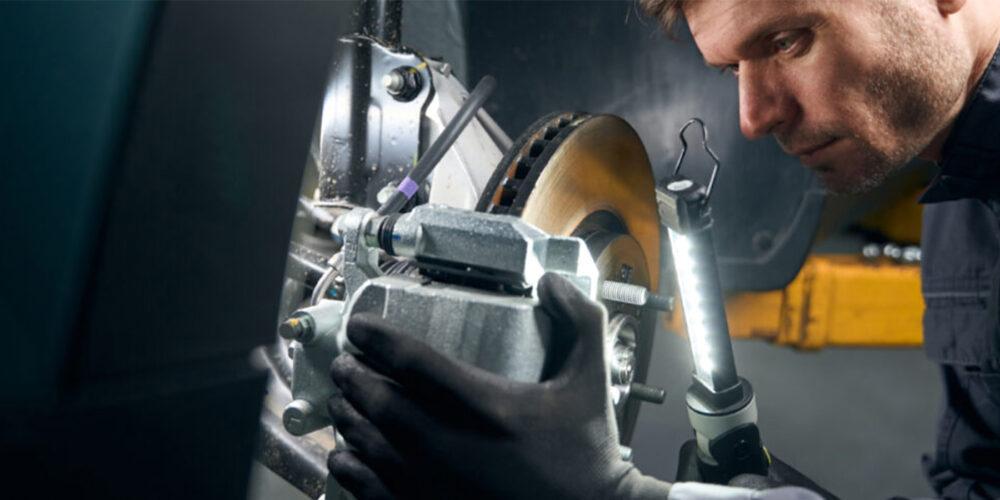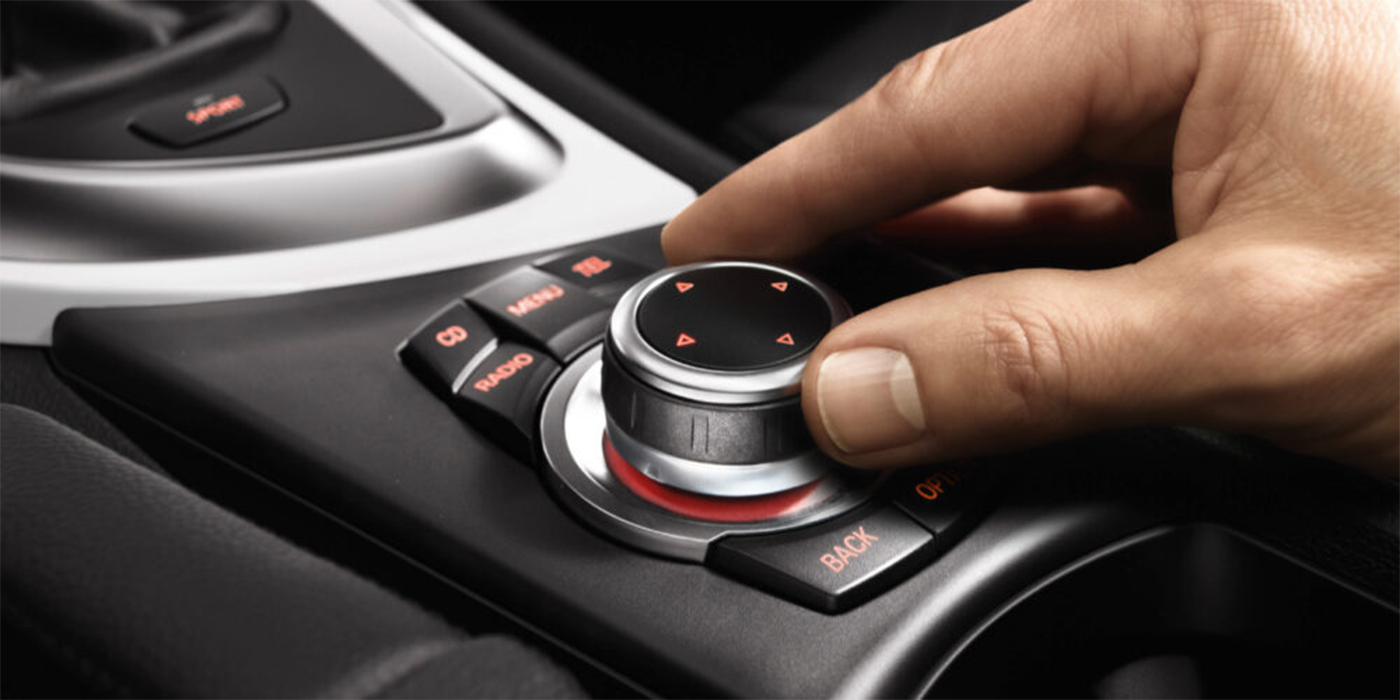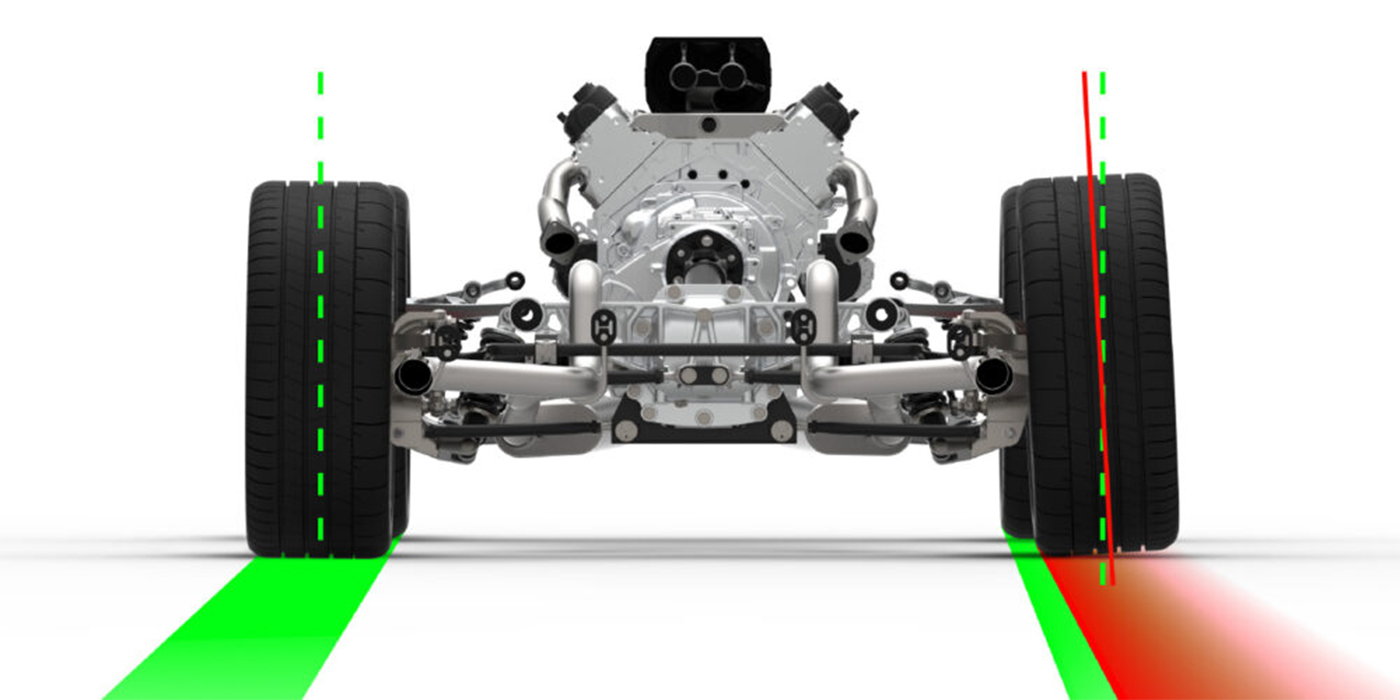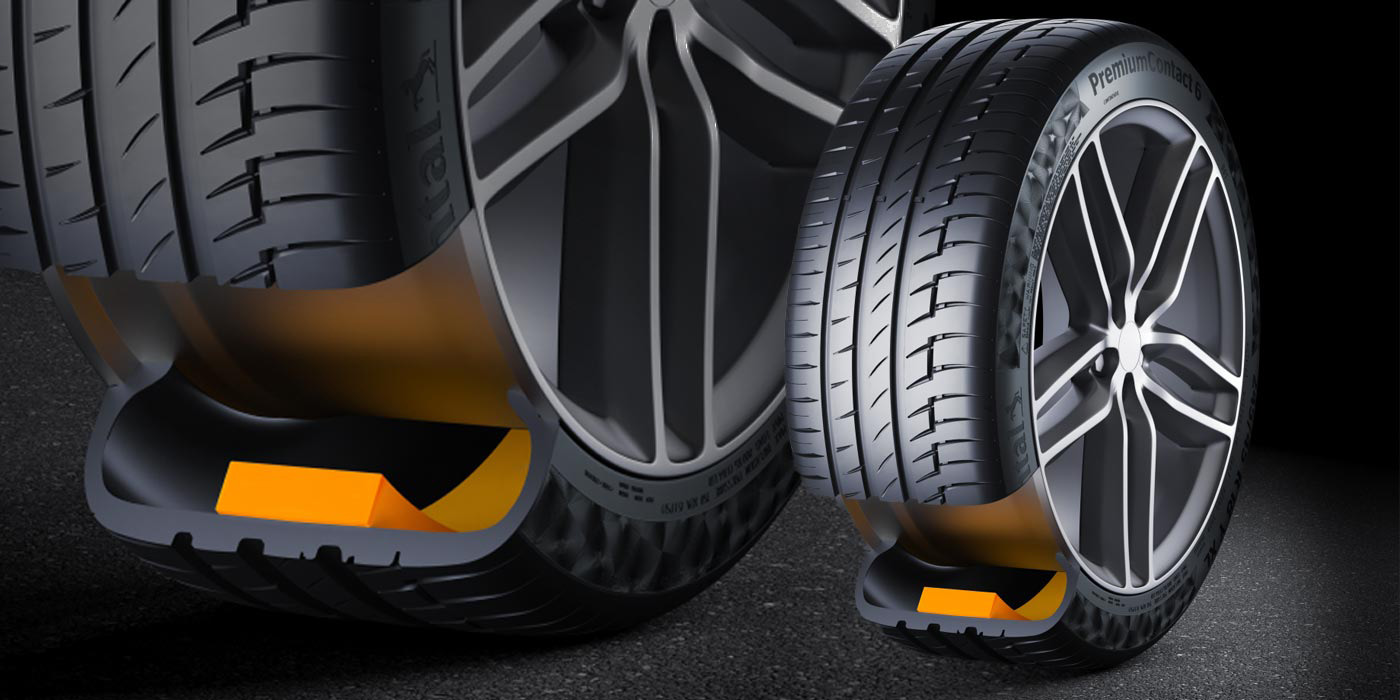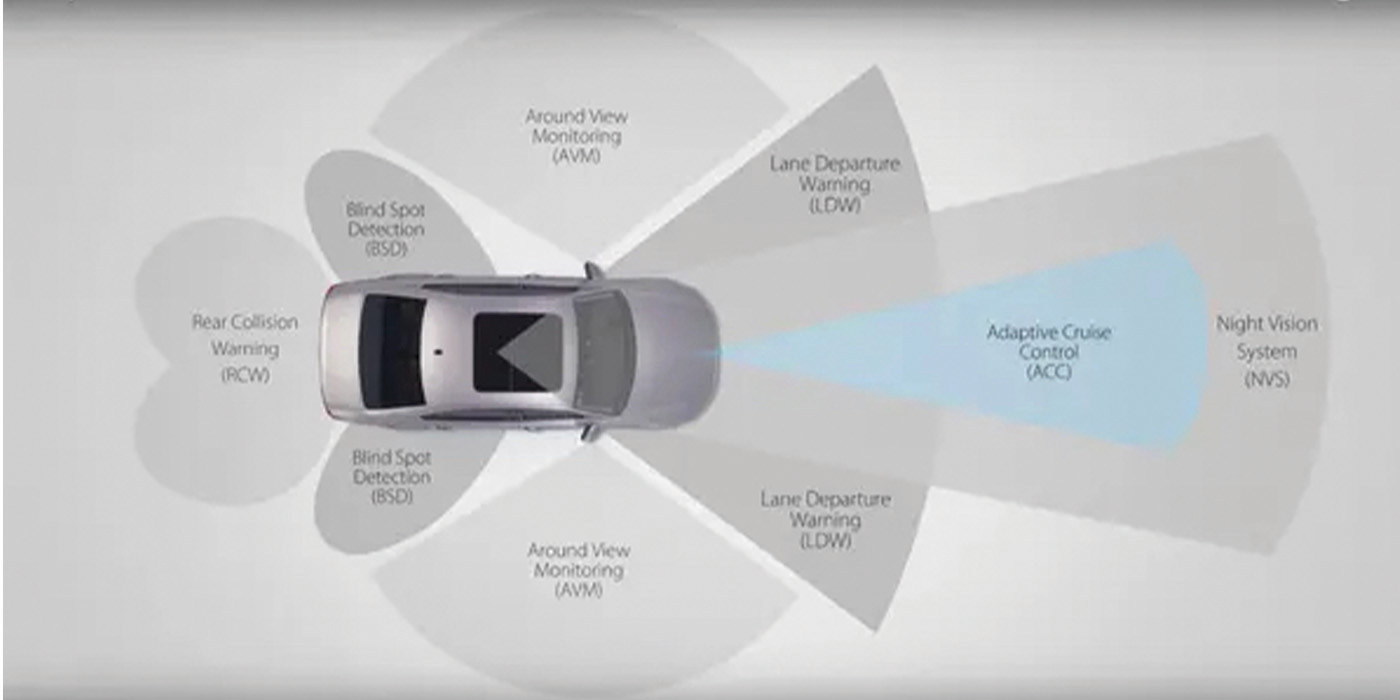standpoint. Servicing techs who point out and make necessary repairs not
only help keep their customers’ vehicles in top-running condition, but
they gain customer trust and confidence in the process.
battery and brake checks, regular oil changes, tire rotations, you name
it.
tire dealer where I bought my tires, albeit a little earlier than the
mileage requirement because my TPMS light was on.
my TPMS light was on and asked them to please pinpoint and inspect the
suspect tire.
desk printed me a receipt, handed over my keys and was ready to send me
on my way.
tire was activating the TPMS light. He looked at me with a puzzled look
(probably wondering why I was asking, because most people probably
don’t), called up my account on the computer, and said he’d be back in a
minute.
returned, was very apologetic, saying that they had dropped the ball.
Even though one of my tires was nine pounds underinflated, the tire tech
filled it up to spec and proceeded with the rotation. Apparently, this
newer tech pointed out the air pressure discrepancy, but neither he, nor
anyone else, did anything about it.
Turns out, it was a rim leak due to corrosion on the wheel, which they
promptly addressed.
business and having higher expectations, but I didn’t. It was because of
how quickly they resolved the problem and “made good” on their error.
place, periodically take the time to review them. (My air pressure
discrepancy should have been documented and addressed before the car was
returned to me.)
specifically asked that they pinpoint which tire was responsible for
the TPMS going on, and they were ready to return my car without
providing an explanation.)
very forgiving. (The extra attention and a free oil change coupon
definitely “inflated” my opinion of this shop.)

